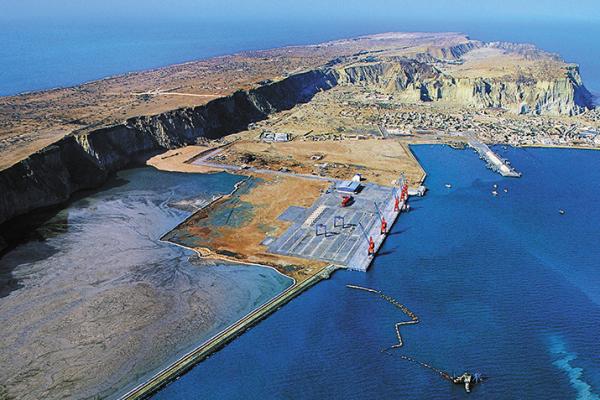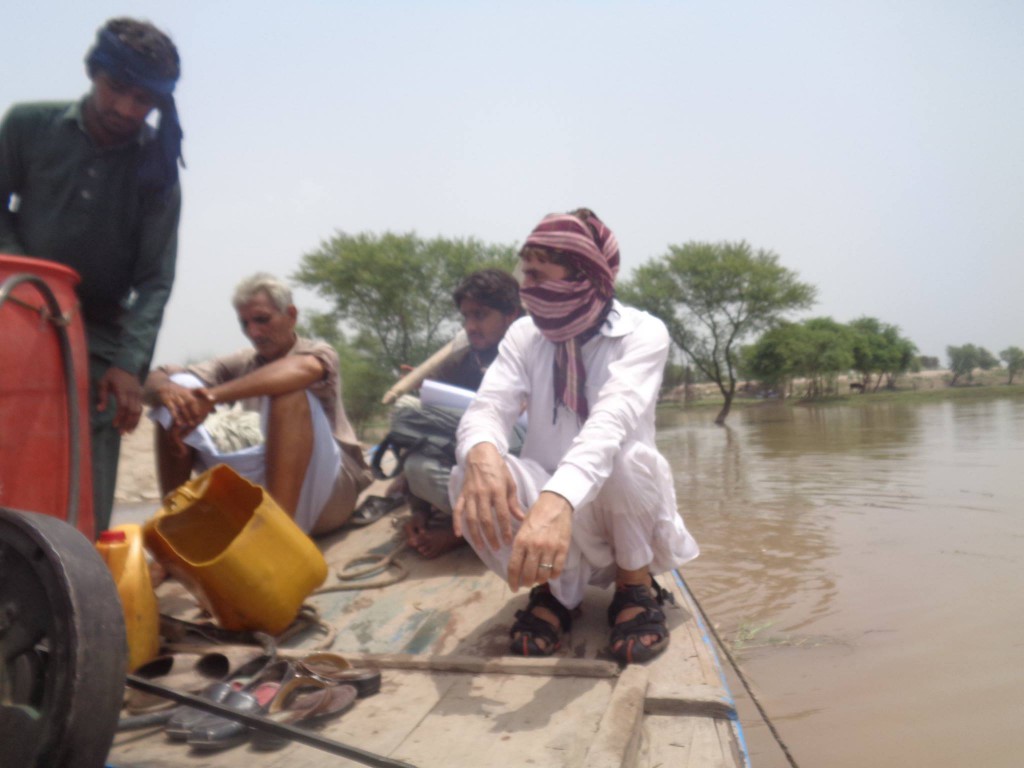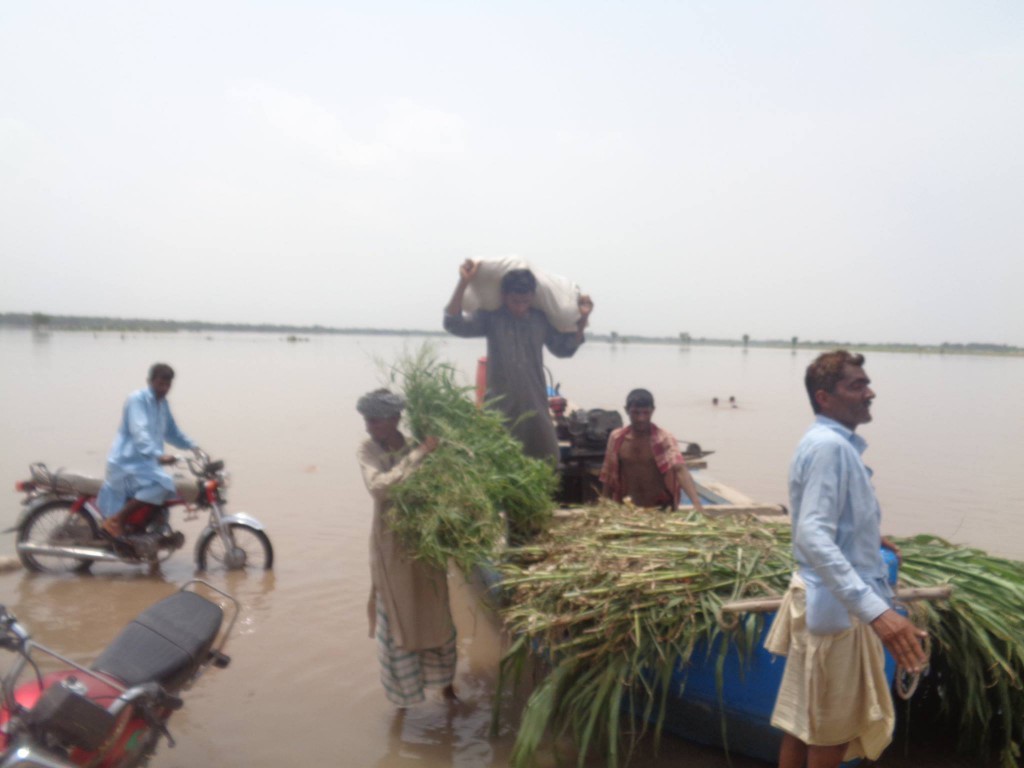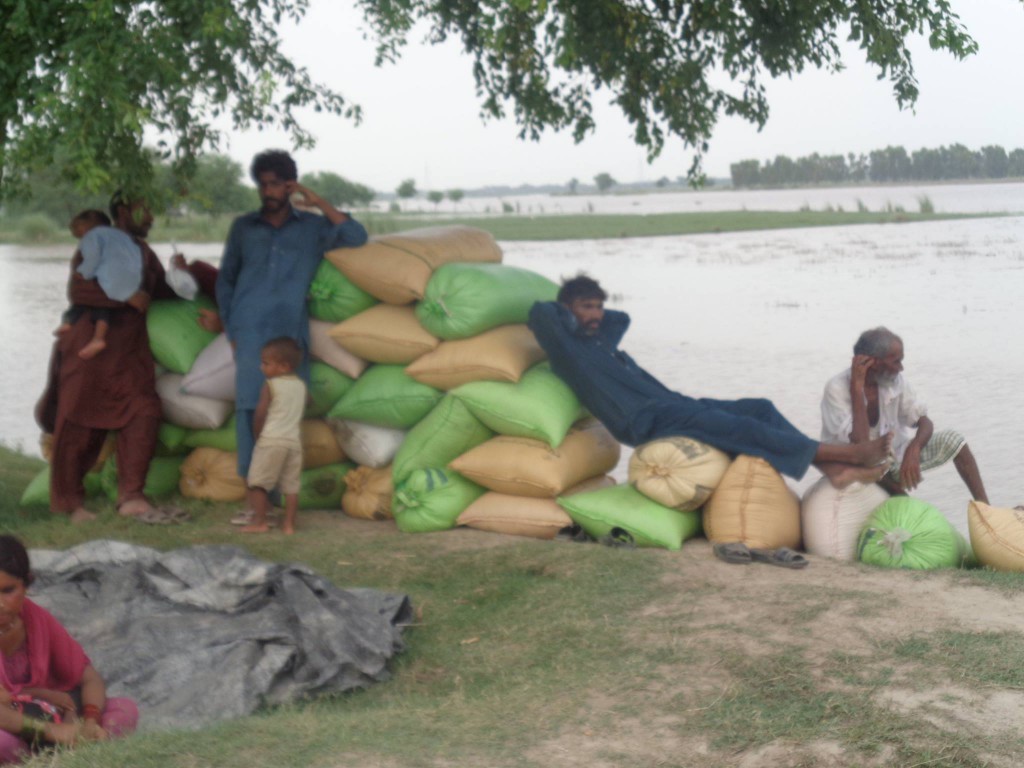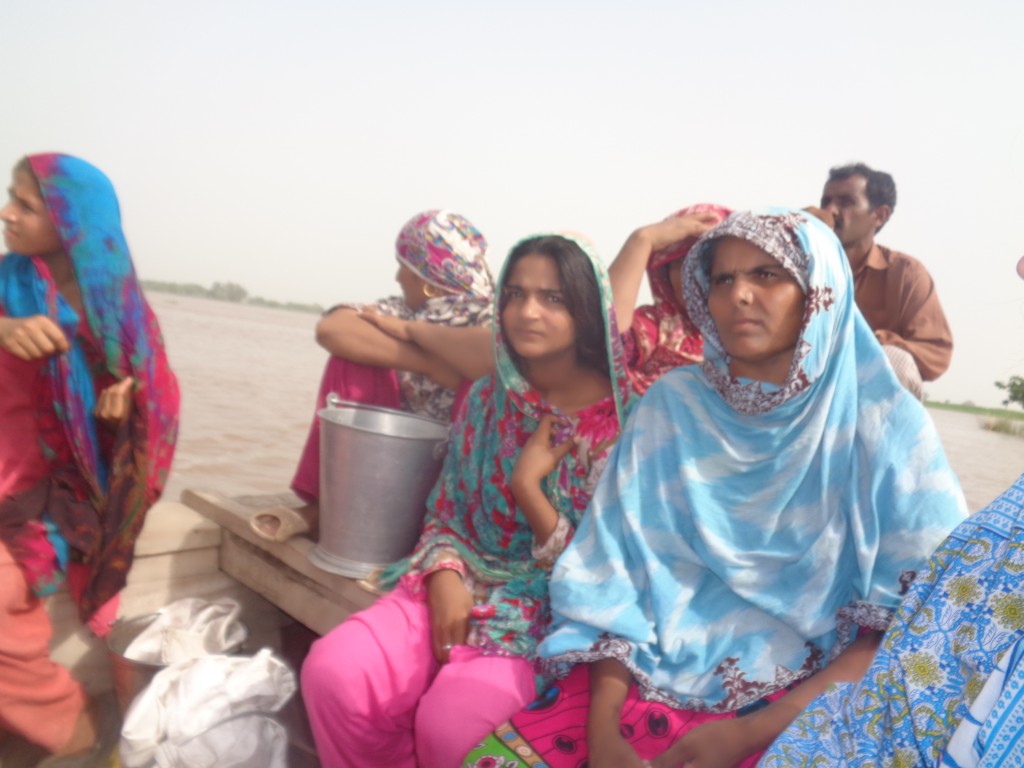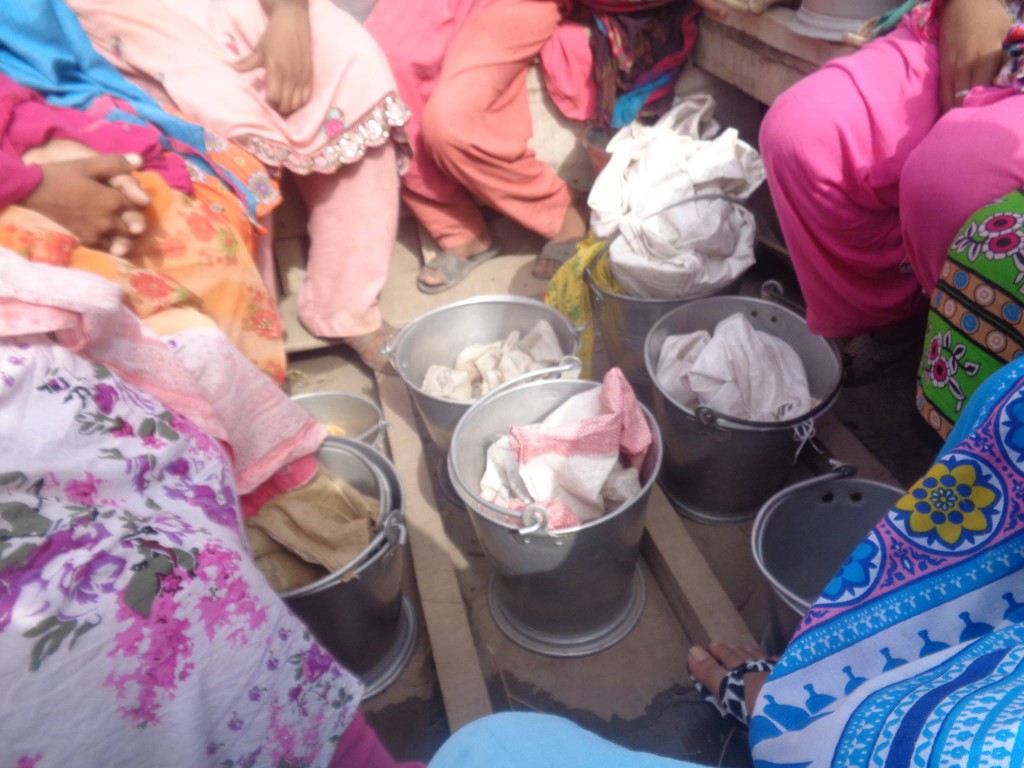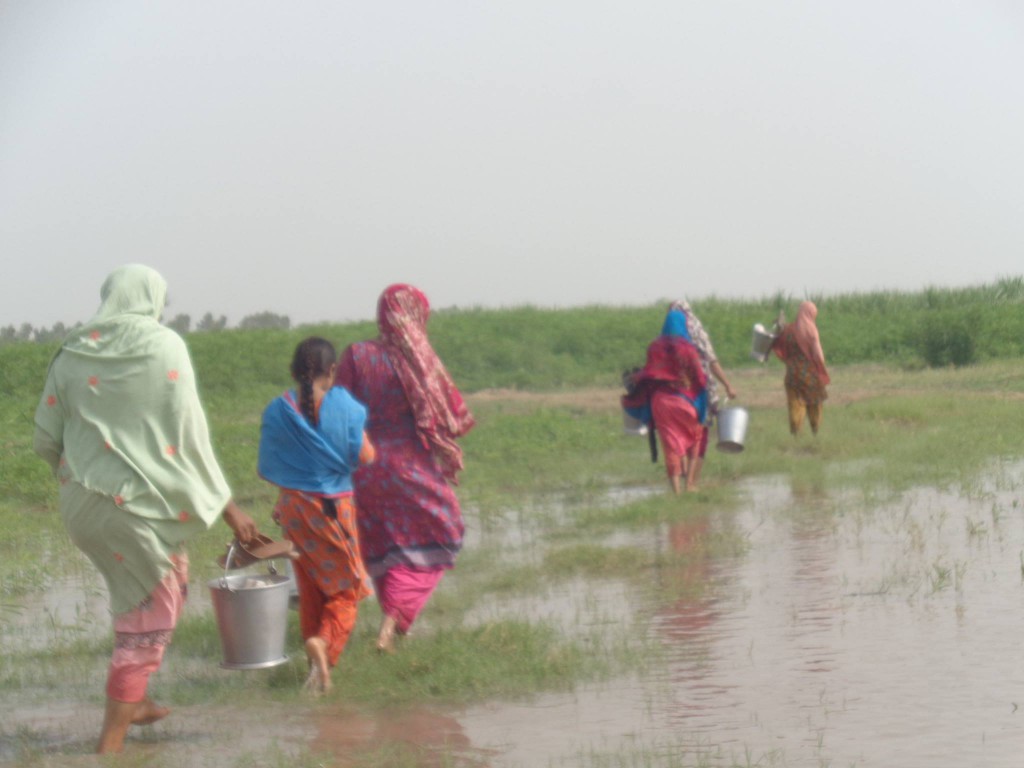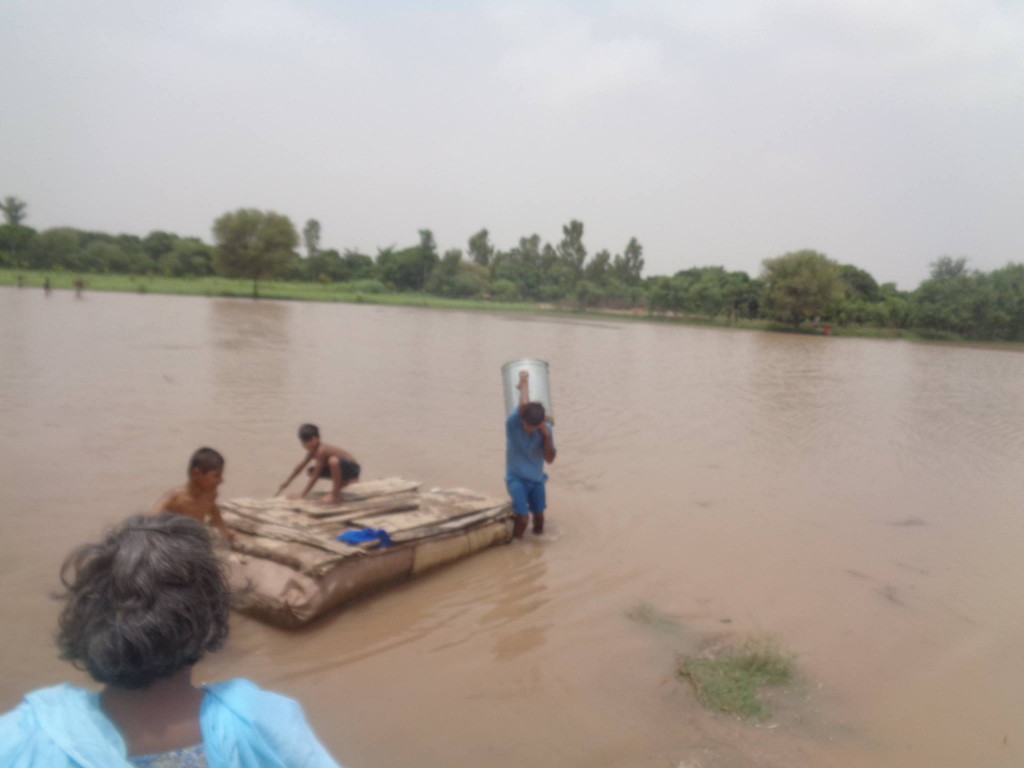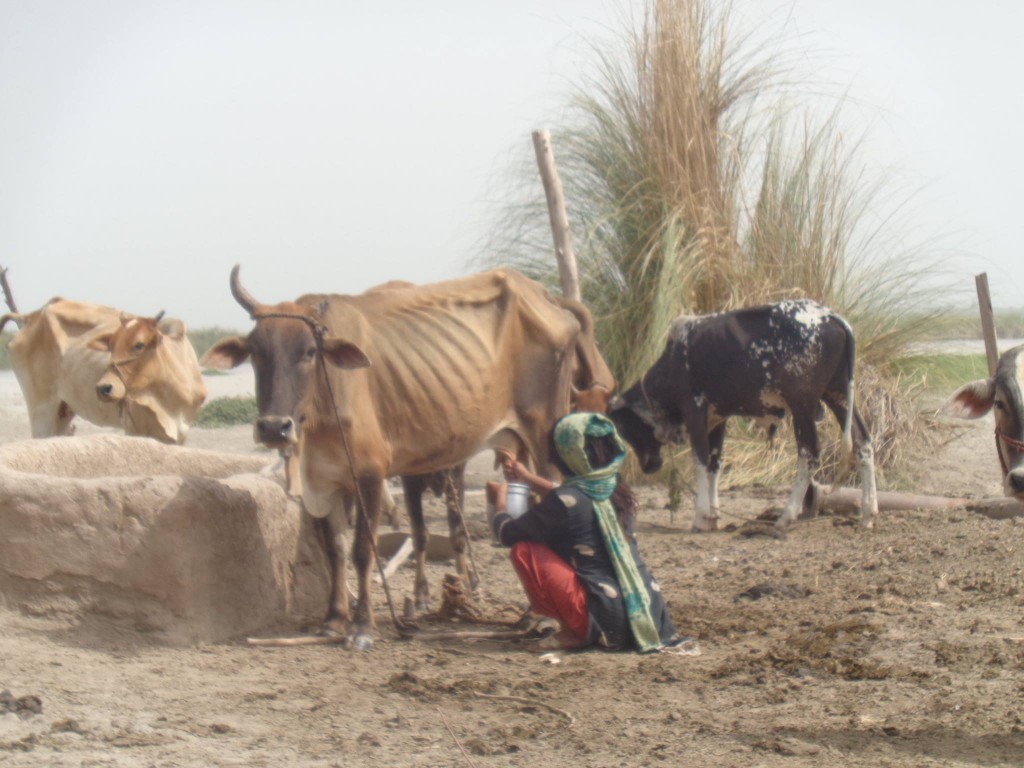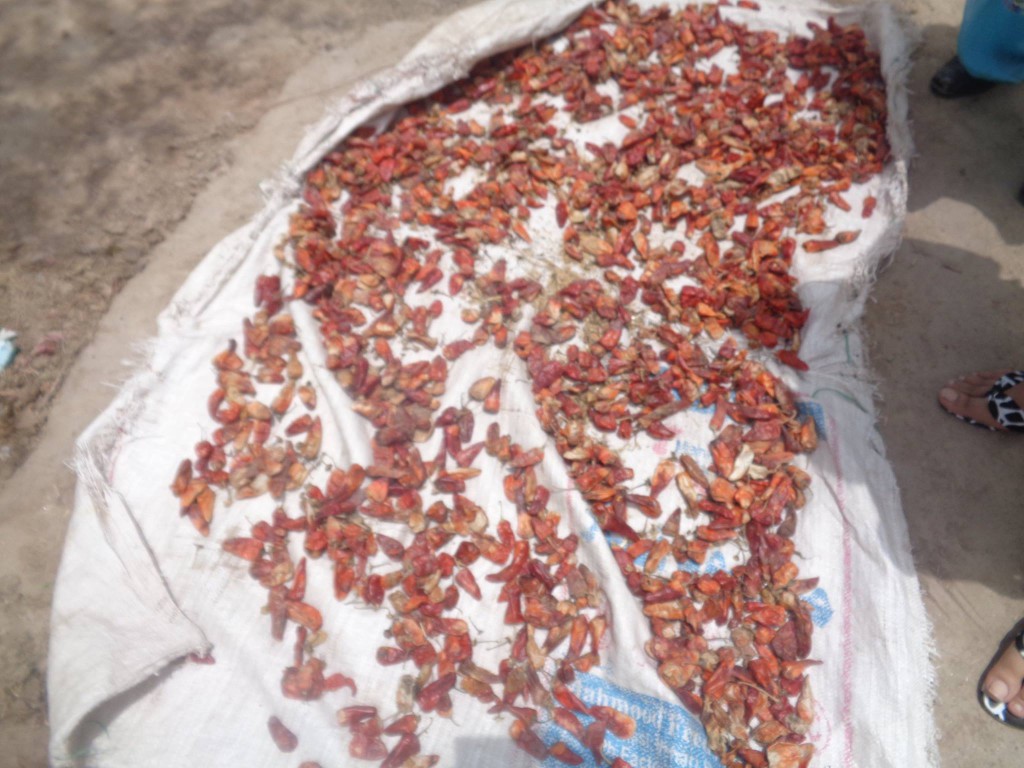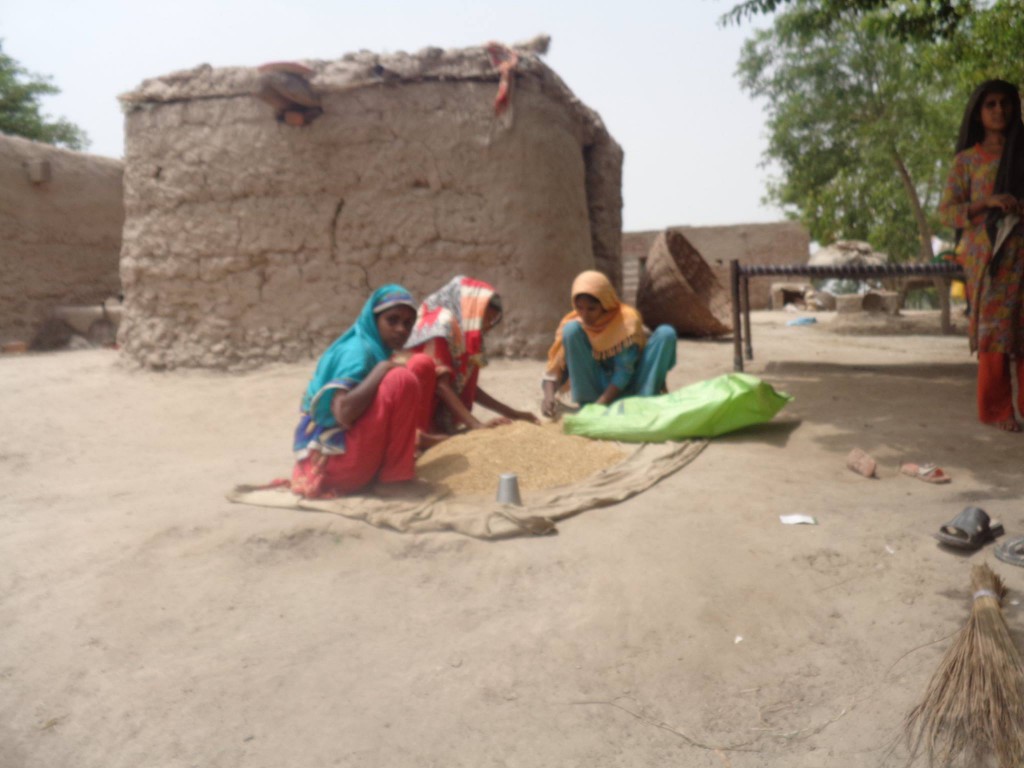Role of Agricultural Intermediaries
A number of state agencies and non-governmental organisations have come forward to facilitate farmers/breeders to register their crop varieties and obtain plant variety certifi cates. But can these agencies bring forth a change in the mindset of the small farmers and seed savers’ groups who view the current intellectual property regime with scepticism and continue to keep away from it?
Shalini Bhutani (shalinibhutani@hotmail.com) is a legal researcher and policy analyst based in Delhi.
Intermediaries are known to be persons or organisations that act as a link between the supplier and the end user. They are a third party in the exchange. The intermediaries ordinarily associated with India’s agriculture are those that bring farmers’ produce to the marketplace. These typically include commission agents, millers, wholesalers and retailers at different stages of the supply chain.
Another parallel supply chain has been established in Indian agriculture through an intellectual property (IP) law—a knowledge supply chain. This is under the Protection of Plant Varieties and Farmers’ Rights (PPV&FR) Act, 2001. The act grants IP protection in the form of plant variety certificates (PVC) to farmers/breeders. To be able to grant this IP protection, it first needs to bring the seed know-how onto its record books, in this case the official register of varieties maintained at New Delhi. It also requires the farmer to deposit in the National Gene Bank a sample of the seed or parental line seeds. This entire process supplies farmers’ seed knowledge and physical planting material from India’s farms previously not always accessible to the official system. To enable the process, a different set of intermediaries has come into play.
The implementation of the act began in 2003 with the PPV&FR rules issued by the Ministry of Agriculture. Following which, the PPV&FR Authority was set up in Delhi in 2005. The body began to receive applications for plant variety protection (PVP) in 2007. Since the screening involves a two-year process, the first registrations of plant varieties under this law began in 2009. Since then, several hundred farmers’ varieties (FV) have also either been granted PVCs, or are being tested for the grant of such IP protection. But this would not have happened sans the state’s hard selling of this IP law to farmers and “training” them on its legal provisions for registering FVs.
Farmers’ Positions
There have been many reasons why a large majority of small farmers and seed-savers’ groups on ground continue to keep away from the IP system in India. Their reasons range from the political [resistance to the World Trade Organization (WTO) and the IP standards it prescribes] to the more practical (not knowing how to deal with intimidating procedures of law). It is important to recall here that the PVP law was passed not because farmers in the country asked for it, but because the WTO required a member country to provide IP protection for plant varieties.
Given the above, there has been limited buy-in by farmers of the idea of plant breeder rights, which they see coming from foreign seed companies and governments that foster such agribusinesses. The idea of privatising seed is foreign to farmers in the sense of it coming from the West as well as in terms of being culturally alien to how farmers organise their innovation based on sharing seeds. Knowledge production in agriculture for them has not been about propertising know-how of seeds through IP.
IP protection for living forms such as seeds is and remains a controversial subject in India, as in other parts of the world. To add to the controversy, the only law in the country that supposedly provides for “farmers’ rights” is this IP law.1 Thus farming communities are more divided than united on their position on the PPV&FR Act. Yet there has been a recent spurt in registration of FVs in India. To understand this trend, it is important to examine the role of the new intermediaries.
There are many go-betweens that have voluntarily emerged, helping to link the farmer to the agro–industrial complex where her knowledge is further processed. Those in between work as IP facilitators. These intermediaries are not engaged in buying the farmer’s gathered harvest as the conventional intermediaries did, but in harvesting the intangible—her knowledge. Unlike the supply chains for agricultural produce, the consumer at the end of the line is not an ordinary person but the plant breeding industry—be it public sector institutes or private seed corporations.
The point of deposit is not the mandi (market), but the national PPV&FR Authority. The process entails filing the prescribed documents before the PPV&FR Authority. In fact, both the law and the implementing rules envisage a role for such intermediaries. Section 16(1) of the act authorises any person to make an application on behalf of the farmer/breeder to the authority. As per Rule 25, an application to authorise such a person to register a variety is to be made through Form PV-1 by the farmer/breeder mentioned in Section 16(1).
No fee is required by the Authority for this authorisation form. But it is a different matter that the person so authorised by the farmer might charge for the services he renders to the farmer in filing a PVP application on her/his behalf. Retired agricultural scientists also “help” some farmers do the necessary documentation for filing PVP applications. Some charge a small consultancy amount for their services to the farmer.2 There could be costs to the farmers again if these activities remain invisible. This could go against the spirit of the act, which prescribes that there be no financial costs to the farmer.
Informally, many non-governmental organisations (NGO) also act as IP facilitators for farmers. They assist farmers with the necessary paperwork, literally showing them “how to” register their varieties with the Authority. Dadaji Khobragade, a well-known farmer–breeder from Maharashtra, was encouraged by the National Innovation Foundation (NIF) to seek PVP for the paddy he developed. In fact, NIF is further involved in the commercialisation of Dadaji’s paddy variety, having entered into a marketing agreement with a private company.3 Similarly, the M S Swaminathan Research Foundation has also assisted farmer groups in Tamil Nadu to seek PVP for rice varieties developed by them (Prajeesh 2015).
Given the legalese involved and the fact that most of the forms, etc, are either in the English or Hindi language, farmers will continue to need facilitators for their IP management, particularly if they chose to engage with the PPV&FR legislation.
State Agencies
The state itself is actively encouraging farmer–breeders to participate in the IP system. The Authority has harnessed several public agencies for the task; these are state agricultural universities (SAU), Krishi Vigyan Kendras and other Indian Council of Agricultural Research (ICAR) institutes. Their role is going to remain critical in this government exercise of IP acculturation of farmers. The Authority, with its limited staff and resources, is not going to be able to reach out to as many farmers as the system wants it to.
The nodal centres designated by the Authority for conducting distinctiveness, uniformity and stability (DUS) tests for plant varieties (for example, the Directorate of Rice Research, Hyderabad and the Central Rice Research Institute, Cuttack for rice DUS testing) repeatedly double up as venues for farmer trainings to convince the latter to file for PVP.4 The Department of Agriculture and Cooperation, under the Ministry of Agriculture, had on 1 November 2006 notified rice as a crop eligible for registration of varieties under the act.5 This meant that the five-year cut-off date to receive applications for FVs was October 2011. By that date, 3,672 applications had been received for FVs. All these are still being processed. The large numbers of applications are not merely evidence of farmer’s innovation in this particular crop, but also of the impact of the campaign undertaken by the state agencies to push farmers to seek IP protection.
There have been many training programmes for farmers organised by the Authority itself, with the sole purpose to have them register their plant varieties. These began in 2008–09. In 2013–14, the Authority conducted 274 such training programmes across different locations in India. This explains the highest number of applications received and granted for FVs during 2013–14 (PPV&FR Authority 2014).
Rewarding Intermediaries
The PPV&FR Authority has now decided to incentivise the IP facilitators to get more farmers to file for PVCs. The decision to do so was taken during the 21st Authority meeting and was endorsed again during the subsequent meeting held in Delhi on 17 April 2015.
The Authority in its 21 Authority Meeting held on 31 October 2014 decided to reward those facilitators from NARS and NGOs with recognition certificate, citation and cash of Rs 10,000 who facilitates filing of at least 100 applications at a time in different crops and for staff of Authority for more than 500 applications at a time. It was decided that such reward may also be extended to Zonal Project Directors, once in their lifetime, who facilitate in filing more than 500 applications through NARS from their zone, organise at least two biodiversity fair and promote community seed banks in tribal regions/agrobiodiversity rich regions.6
The stress on speeding up the registration for FVs is because the process is time-bound. FVs can be registered only within five years from the date of notification of a crop variety. In fact, the time limit was originally set at three years, but given the low response from farmers, it was later extended to five years. Yet again there are little or few guarantees of returns for the farmer post-registration. In the many years since the PPV&FR Act has been in force, not a single case of benefit sharing with farmers has occurred if and when their seeds have been used by the seed industry as base material for developing commercial seed products.
While rewards are being institutionalised for the IP intermediaries, some within the Indian national agricultural research system (NARS) are sceptical about the nature of benefits small farmers will obtain from the PVP system. However, they continue to encourage farmers to file for PVP as a pre-emptive IP protection in order to stake a claim on planting material in India before any of the multinational corporations can do so. The public sector itself is seeking IP protection under this act. The maximum number of varieties registered thus far is of extant varieties—868 out of a total of all 1,773 PVCs issued by the Authority through 2007–15.7 Roughly over 800 of the 868 belong to the public sector, mainly ICAR and other SAUs. The state also seeks IP protection for “new” varieties developed by public plant breeders.
IP Policy
The position of the government on PVP is certainly not a neutral one. It is decisively pro-IP in seed. Thus the unsuspecting farmer cannot hope to get objective guidance on the issue from either the state or the Authority tasked to register PVP. The pros and cons of going down the IP route are perhaps not entirely discussed even within the Government of India and its various departments dealing with the issue. Despite that, the proposed new National Intellectual Property Rights (IPR) Policy for India encourages more filings and registrations for PVP by farmers.8In the context of increased FVs, the draft document remarks that “(t)he trends in registration under this Act are very encouraging.” However, no official assessment has been carried out on the socio-economic impacts of registration of FVs on farmers.
In a different scenario, the state would invest in educating its farming communities on the possible consequences, or at least support their capacity building on IP issues so that they are independently able to make informed choices on the subject. The decision of whether to seek PVP or not ultimately needs to be theirs. To be able to decide, real-time experience sharing with small farmers from other countries with PVP laws will also be invaluable. In an ideal situation, the state would create opportunities for such experience sharing. But more importantly, if farmers choose not to file for PVP registration, the state ought to offer another option for the protection of their own seed. This would entail having policies that create a facilitative environment for the continuance of their seed cultures.
In closing, it is observed that seeking IP protection for their crop varieties is not something that comes naturally to farming communities in India. They have to be coaxed by the state to seek protection for their plant varieties. But whether the intermediaries at work will be able to continually sell the idea of IP to the unwilling farmers and make them subscribe to it, is a point that should be considered.
Notes
1 Chapter VI on Farmers’ Rights was not in the original draft of the legislation but retro-fitted due to public pressure before it was passed by the Parliament of India.
2 Disclosed by farmer applicants in personal communication with the author in March 2015.
3 “NIF signs agreement with Kaviraa Solutions to take forward farmer developed plant varieties”, National Innovation Foundation of India Press Note, 9 March 2015, http://nif.org.in/press_more.php?pid=20 (accessed on 25 May 2015).
4 Training-cum-workshop on Protection of Plant Varieties and Farmers’ Rights Act, 2001 organised at ICAR–CRRI, Cuttack on 27 March 2015, viewed on 20 June 2015, http://www.crri.nic.in/News/crri_latest_news.htm
5 Gazette Notification SO 1884 E dated 1 November 2006, viewed on 20 June 2015, http://www.plantauthority.gov.in/pdf/gnotifi1316.pdf
6 Minutes of the 22nd Meeting of the Authority held on 17 April 2015 at NASC Complex, Delhi, viewed on 23 May 2015, http://www.plantauthority.gov.in/Minutes/twentytwo.pdf
7 http://www.plantauthority.gov.in/, viewed on 12 July 2015.
8 (First Draft) National IPR Policy 24 December 2014, viewed on 12 July 2015, http://dipp.nic.in/English/Schemes/Intellectual_Property_Rights/IPR_Poli…
References
Prajeesh, P (2015): “Farmers’ Rights to Seeds: Issues in the Indian Law,” Economic & Political Weekly, 21 March, Vol L, No 12.
PPV&FR Authority (2014): “Take It to the Farmer – The Farmers’ Rights through Awareness,” PPV&FR Authority, New Delhi, India, June.
 Engro declares that it is are very thankful to the Prime Minister Mian Mohammad Nawaz Sharif and the Federal Minister for National Food Security and Research Mr Sikander Hyat Bosan for announcing a subsidy on fertilizers. This step will result in prosperity for all farmers in the country.
Engro declares that it is are very thankful to the Prime Minister Mian Mohammad Nawaz Sharif and the Federal Minister for National Food Security and Research Mr Sikander Hyat Bosan for announcing a subsidy on fertilizers. This step will result in prosperity for all farmers in the country.
